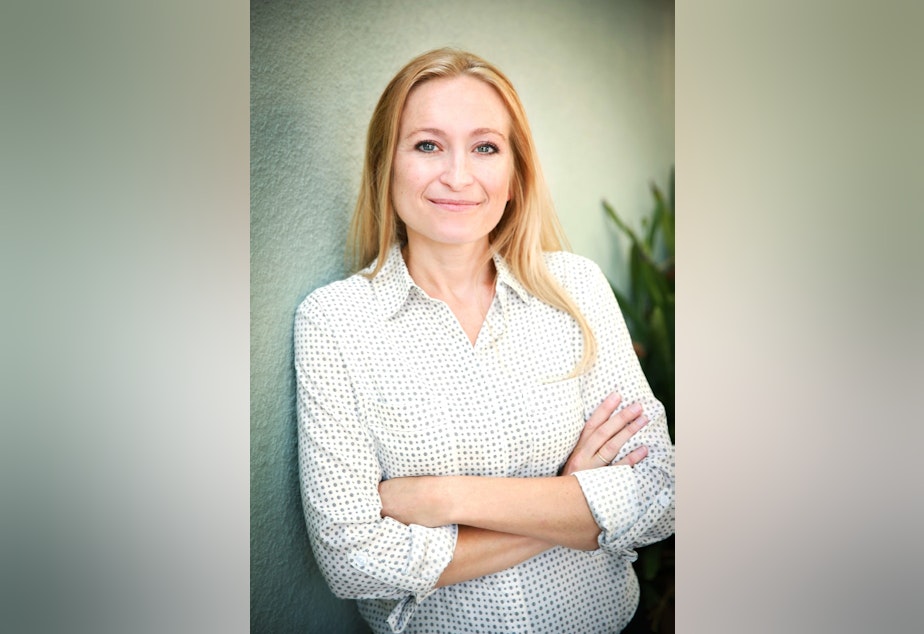Face masks a communication barrier for deaf people: 'I almost just want to stay home'

A couple of weeks ago, Melissa Echo Greenlee went to her local hardware store in Seattle. The clerk, who was wearing a face mask, tried to talk to Greenlee, but she couldn’t hear: She’s been deaf since childhood.
“I decided to sign that I was deaf,” Greenlee said, but the clerk “just kept talking and talking, and I kept signing, ‘I’m deaf,’ and he didn’t change his communication approaches with me.”
For Greenlee, this is a common occurrence.
People who are deaf or hard of hearing are having a difficult time during this pandemic. That’s because they can’t see the lips or facial expressions of people wearing face masks.
Greenlee said it’s been really isolating to try to communicate with people wearing masks.
“When people put that mask on their face, it becomes impossible for me to watch their facial expressions, information about what’s going on, what’s being said,” Greenlee explained.
“It’s very frightening, honestly,” she said. “It’s the first time I’ve felt disabled in a long time.”
KUOW spoke to Greenlee through an American Sign Language interpreter.
Sponsored
When the stay-home order is lifted, Greenlee added, “because of the masks, I almost just want to stay home, because that anxiety that comes up when you have to face someone and not be able to understand them, not be able to use the tools that you’ve relied on for 20, 30, 40 years — it’s just too painful.”
Greenlee said people can help by pulling down their mask for a few minutes when they’re talking to someone who’s deaf or hard of hearing.
Or they can buy masks with a clear center, called clear masks, which several companies make.




